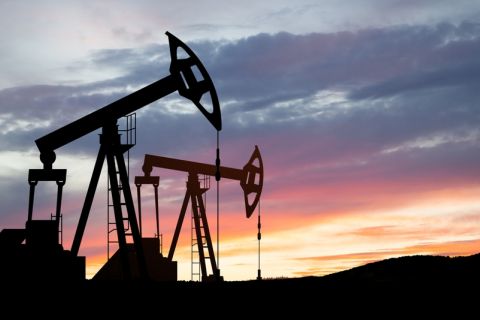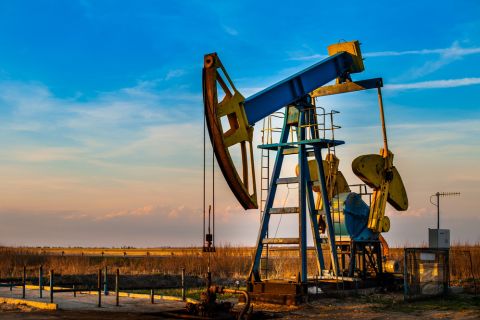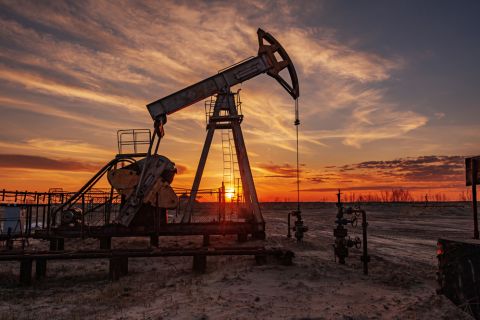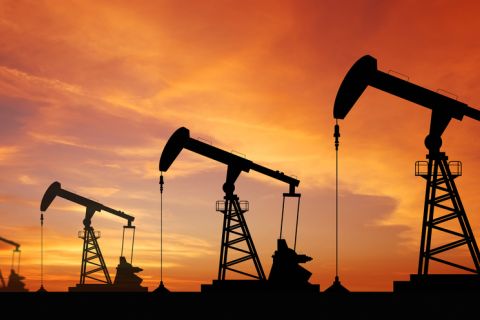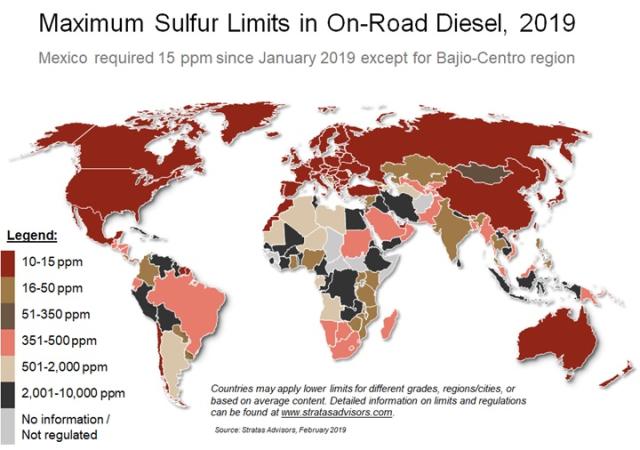
Thirteen nations have moved into the Top 100 in Stratas Advisors’ diesel-sulfur-limits rankings for 2019.
Stratas Advisors’ research, conducted by its Global Fuels Specifications Service, validates a continued worldwide movement toward lower sulfur content in diesel. The study also cites a number of countries that have positioned themselves through policy initiatives to make advances in this area in the near future.
The last ranking was carried out in February 2018. EU countries, required to implement 100% market penetration of sulfur-free (less than 10 ppm) fuels since January 2009, continue to dominate the Top 40. Sweden, which led the way with full market penetration in 1990, continues to reign at No. 1.
The 13 countries that moved into the 2019 ranking, led by Fiji at the 58th spot, are:
- Fiji
- Georgia
- Ghana
- India
- Mexico
- Moldova
- Mongolia
- Nigeria
- Panama
- Philippines
- Saudi Arabia
- South Africa
- Thailand
Countries that dropped in the ranking, such as Brazil, did not alter its diesel fuel specifications but were simply passed by others that implemented stricter sulfur limits or supplied lower sulfur fuels ahead of legislation.
Six countries ─ Botswana, Kyrgyzstan, Namibia, Oman, Papua New Guinea and Swaziland ─ dropped out of the 2019 ranking and were replaced by Fiji, Ghana, Moldova, Mongolia, Nigeria and Saudi Arabia, all of which entered the Top 100 for the first time. This movement is due to reductions in sulfur limits that have been implemented during the past year, or supplies of lower-sulfur diesel on the domestic market.
Mongolia made the greatest jump, 54 places, to rank 92nd, followed by Moldova which jumped 52 places to rank 71st. India and Nigeria jumped 49 places to share the 86th spot with Ghana.
Even though cities and provinces are not officially ranked, it is worthwhile to note that select cities and provinces of Brazil, India, Iran and Peru required diesel fuel with lower sulfur of 50 ppm or below, stricter than the rest of the respective countries. For example, Brazil has required 10 ppm sulfur diesel in select metropolitan regions since January 2013 while the rest of the nation is required to meet a maximum sulfur limit of 500 ppm.
Recommended Reading
What's Affecting Oil Prices This Week? (March 4, 2024)
2024-03-04 - For the upcoming week, Stratas Advisors expect the price of Brent will move sideways and will struggle to break through $85.
What's Affecting Oil Prices This Week? (Feb. 5, 2024)
2024-02-05 - Stratas Advisors says the U.S.’ response (so far) to the recent attack on U.S. troops has been measured without direct confrontation of Iran, which reduces the possibility of oil flows being disrupted.
What's Affecting Oil Prices This Week? (March 11, 2024)
2024-03-11 - Stratas Advisors expects oil prices to move higher in the middle of the year, but for the upcoming week, there is no impetus for prices to raise.
What's Affecting Oil Prices This Week? (Feb. 12, 2024)
2024-02-12 - With the increase last week, the price of Brent crude has reached its 200-day moving average.
What's Affecting Oil Prices This Week? (Feb. 26, 2024)
2024-02-26 - Stratas Advisors forecast that global crude production will be essentially unchanged from 2023, which means that demand growth in 2024 will outpace supply growth.

